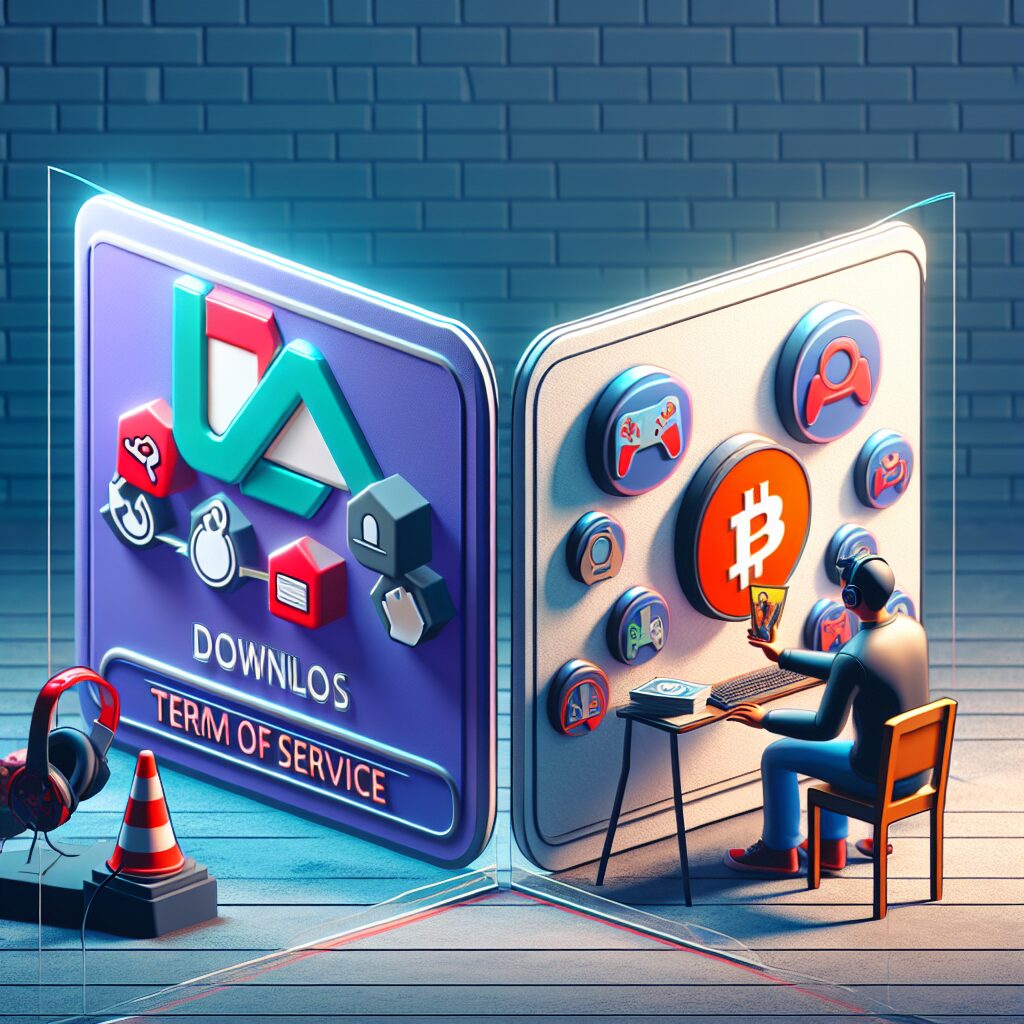In a move that has sent ripples through the gaming community, Steam, the popular digital distribution platform developed by Valve Corporation, has clarified their terms of service to emphasize that users are purchasing licenses to play games, not the games themselves. This announcement has sparked a robust debate about digital rights and ownership in the 21st century.
The change was first reported by Ars Technica, a technology news and information website. The site pointed out that the updated terms explicitly state, “When you buy a game on Steam, you’re acquiring a license to use the product, not ownership of the product itself.” This means that gamers do not own the games they purchase on Steam; they simply have the right to play them.
While this may seem like a mere semantic distinction to some, it has far-reaching implications for consumers. Ownership of a physical product grants the owner certain rights, such as the ability to resell the product or modify it. However, a license is more restrictive, generally allowing the licensee to use the product but not to alter or resell it. This could potentially limit the rights of gamers who wish to modify their games or sell them second-hand.
This move by Steam has reignited the conversation about digital ownership rights, which has been a contentious issue for years. Critics argue that digital platforms are eroding consumer rights by restricting what users can do with the products they purchase. On the other hand, proponents of digital licensing argue that it allows for greater control over intellectual property and can help combat piracy.
However, it’s worth noting that Steam’s policy is not unique in the digital marketplace. Many other platforms, such as Apple’s App Store and Amazon’s Kindle Store, also operate on a licensing model. Even so, the explicit statement from Steam has brought renewed attention to the issue.
In conclusion, the debate over digital rights and ownership is far from over. As digital platforms continue to dominate the marketplace, it’s likely that we’ll see more discussions about what it truly means to “own” a digital product. For now, gamers on Steam will have to adjust to the reality that they are licensing their games, not owning them.
